
Generation Z has grown up in a digital world, with smartphones, high-speed internet, social media and pop culture at their fingertips.
Gone are the days when a family would gather around the television to watch prime-time TV. Today, people watch their favourite show on their smartphones or digital devices when they want to, thanks to subscription services like Netflix and mobile apps to television stations like Global Go.
In this day and age of quick communications, the word celebrity has been redefined for generation Z, too. To them, celebrity simply means “being known” among a group of people and having a certain opinion that others look up to.
WATCH: Generation Z, pop culture and beyond

Social media has changed the concept of celebrity by allowing users to interact with their favourite stars in real time. Lives of the rich and the famous are no longer mysterious because what used to feel like an untouchable figure is now accessible through a number of different platforms, from a direct message on Instagram to a retweet on Twitter.
“I couldn’t tell you what gives someone celebrity status these days because if anyone gets a million views on YouTube, then people consider them a celebrity,” says Zac Pinto Lobo, 20. “If anyone gets a million follows on Instagram, then they automatically turn their Instagram into a business. I’d say a celebrity is someone who is making something for a wide audience and that audience is accepting them as a celebrity.”
That’s the world generation Z has grown up in, and they’re changing the way the world consumes pop culture.
Generation Z makes up roughly 17.6 per cent of Canada’s total population, according to 2017 data from Statistics Canada. Although there is no established start or end date, experts say gen Z-ers are born between 1995 and 2005, making the youngest 13 and the oldest 23. Some argue the generation ends at ages 22 (1996) or 24 (1994). This is still a growing population, one that may not have had traditional life experiences — jobs, mortgages, and so forth — thrown at them. They are still optimistic about what their future holds, and they truly believe they can change it.
How is pop culture consumed?
Jooyoung Lee, an associate professor of sociology at the University of Toronto, tells Global News that these days, teens are consuming pop culture through social media on their smartphones.
“Platforms like Instagram, Snapchat, and YouTube are at the forefront of this new era of pop cultural consumption,” Lee says. “Instead of learning about the newest music, trends, and styles on television, people are finding out about these things through their smartphones, on the go.”
The gen-Zers Global News spoke to agree with Lee.
“For me and the people I know, 100 per cent of pop culture is consumed through laptops with Netflix, Twitter, Instagram, and people shop on Instagram now,” says Pinto Lobo. “It’s not a bad thing. It’s just a way more connected way for people to consume pop culture.”
READ MORE: Generation Z isn’t interested in dating or sex — or so we thought
A lot of gen Z-ers use YouTube as a way to stay informed with news, watch their favourite vlogs and much more.
According to a research report by Google and Ipsos, more time is being spent by all age groups watching online video on their phones than any other smartphone activity, but teens watch the most. Seven in 10 teens say they spend more than three hours per day watching mobile video.
“I’m normally just watching the news and some shows on YouTube, like animation videos. But I also watch a lot about politics on there, too,” says Tyson May, 13.
But for all of the change that gen Z has brought, what they’re watching may surprise you.
Take The Ace Family, for example.
“If I’m bored, I’ll just go on YouTube and search up anything. I watch this YouTube family called, ‘The Ace Family.’ They’re really funny and they always keep me entertained,” says 13-year-old student Alexis Asare-Moore.
The Ace Family is currently one of the most popular channels on YouTube, with more than 8.5 million YouTube subscribers. The Ace Family is comprised of 26-year-old ex-basketball pro, Austin McBroom, his 27-year-old fiancé, Catherine Paiz, and their two-year-old daughter, Elle Lively.
The Ace Family posts family-friendly daily content, including, pranks, challenges, behind-the-scenes of events, and vlogs about their daily adventures.
What differentiates The Ace Family from other YouTuber’s is their dedication, consistency, positive personalities, and their creative content. They are also one of the first YouTube vloggers to treat their fans like family, referring to them as “Ace Family Members.”
What makes someone a celebrity?
Generation Z has a different idea of what a celebrity is than most other generations. Many gen Z-ers reveal that the number of followers someone has on social media helps determine if they are a celebrity — or not.
According to a study by Google, 70 per cent of teen YouTube subscribers see their favourite YouTube influencers as more relatable than traditional celebrities.
Lee says that this new method of consuming pop culture is also changing our notions of celebrity.
“This is fascinating to watch as a sociologist of culture since in some ways social media is democratizing the sphere of media influence,” Lee explains. While celebrities from multi-million dollar films are still garnering a massive social media following, so too are people like Lil Tay — who has made a name for herself being the self-appointed ‘Youngest Flexer of the Century.'”
In February, a nine-year-old girl named Lil Tay became a viral sensation by posting videos of herself counting money and jumping into luxury cars. Referring to herself as “the youngest flexer of the century,” Lil Tay quickly garnered a fan base of millions, including big name YouTubers who saw an opportunity to capitalize on her wild persona.
“You already know what it is, Lil Tay just copped a brand new Bentley truck,” she exclaims in one of her videos that has over two million views on Instagram. “See my outfit? Everything I wear be designer. See my chain? This chain cost more than your rent!”
WATCH BELOW: ‘Lil Tay’s’ mom resigns as a realtor

Sumiko Wilson, 20, says that she has “very high standards for a celebrity.”
“If you have a big following, now that’s considered being a celebrity,” said Wilson. “I’d say a million plus followers is the marker of celebrity. But then again, it could also just be being recognizable because sometimes people with 10,000 followers are extremely recognizable in their communities.”
Catherine Champion, 14, says a celebrity is somebody, “who can stand out and create a positive change.” She cites Ellen DeGeneres as someone she considers a celebrity. Champion also mentioned Canadian YouTube star Lilly Singh.
Some gen Z-ers think it should be less about followers and more about “who is making a change”
“A celebrity is a person who has an actual impact. And I think that’s what my generation is about. We’re the generation of impact and I think that’s why we’re sometimes phrased as ‘generation we’ instead of generation Z,” says Harjaap Makkar, 21. “We want to know, ‘Who is making a change? Who is making an impact?'”
Makkar says one of his favourite celebrities is Jagmeet Singh, leader of the New Democratic Party.
READ MORE: Generation Z — Online, connected and set on fixing the world
Makkar continues: “Interacting with him and seeing him at events, that gets me much more excited than meeting some Instagrammer or YouTuber.”
Jayden Dhari considers celebrities to be athletes and “Drake.”
“I look up to those guys. Drake is big for Toronto, he’s famous,” says Dhari, 16. “And he brought the city into his songs. He’s involved the city in what he’s doing and I look up to that because he’s from here and he’s not afraid to show where he’s from. For the basketball players, all the guys that play for the Toronto Raptors aren’t afraid to go out there and be the only Canadian team in the NBA.”
Alice Cheng, 17, thinks celebrities’ large following should have a reasoning behind it.
“I think two of my biggest role models are Yara Shahidi, fellow gen Z’er, and Emma Watson,” she says. “They both are incredibly creative people and very outspoken on social media. They stand for a good cause and they seem very genuine and unapologetically themselves in this very saturated content age, which I think is rare. I think a celebrity is someone who is admired by many but for good reason.”
READ MORE: Generation Z and the (achievable) dream jobs they want
What is Gen Z watching and listening to?
A lot of generation Z’s consumption practices involve streaming music (preferably Drake) and watching Netflix, with many citing 13 Reasons Why.
WATCH BELOW: Who is Canada’s connected and optimistic generation?

Pinto Lobo says that he thinks the “whole ’80s style is coming back” in regards to what people want to watch.
“I think nowadays people are watching a lot of nostalgic shows, like Stranger Things. That’s shot all old school fashion which they never got when they were growing up,” said Pinto Lobo. “I’m also listening to stuff that’s very nostalgic, very ’90s R&B style. I don’t think anyone is looking for modern because they think modern is very scary so they look to the past. I know that my generation is very in love with nostalgia and ’80s, ’60s vibes.”
Dhari says he listens to a lot of rap music like Drake and Lil Pump.
Cheng has a different answer than the rest of the group.
“When it comes to content consumption, I try to be very mindful because some negative experiences in my childhood, where I would have struggles with mental health,” explains Cheng. “I would spend copious amounts of time in front of the television and computer and it wasn’t doing any good. I’ve cut my cable and changed my internet since then.”
What does Generation Z consider as ‘old’?
Cheng, 17, says she considers the 1980s and before to be “dated,” adding, “It’s a contract between the golden age because everything was very jubilant.”
Cheng’s favourite movie is The Graduate (1967). “It’s so reflective of the situation I and many of my peers are in now. We’ve been trained to grow up in this system and everything has been force-fed to us, but now we’re discovering this whole new world and we’re not sure what to make of it.”
Makkar thinks Friends (1994-2004) “is an all-time classic when it comes to TV shows,” while Wilson says she considers 2003 and before as “retro.”
“Old Disney channel shows like That’s So Raven (2003-2007), Lizzie McGuire (2001-2004) or The Proud Family (2001-2005) would all be considered retro. I’m actually watching A Different World (1987-1993) again and that’s from the late ’80s, early ’90s so that’s like a real archive,” says Wilson.
Champion says she thinks a classic old movie would be Titanic (1997) or The Notebook (2004). Derek Mayen, 17, says he used to enjoy Matilda (1996) as a kid.
What does this mean for the future of pop culture?
Lee believes that this all points to a number of changes that we’ll witness in the next handful of years.
“One, the emergence of Netflix, Amazon Prime, and other streaming services will likely mean that more films and TV shows will go straight to streaming — since these platforms are rapidly replacing TV as the preferred platform for young people looking to watch shows and movies.”
Lee also tells Global News that this also likely means that trendsetters will look to launch their brands on social media and that social media “following” will become a new metric for measuring the upshot of a person’s pop cultural impact.
“This is all very exciting, as we’re living through a period of upheaval and change, one that will reshape the celebrity landscape.”
This week, Global News will take a look at the many ways gen Z functions, from their views on mental health and the job market to how they take part in pop culture. As you’ll see, this is still a largely untapped generation. Follow along on Twitter with the hashtag #GenZed.
— Illustrations by Laura Whelan




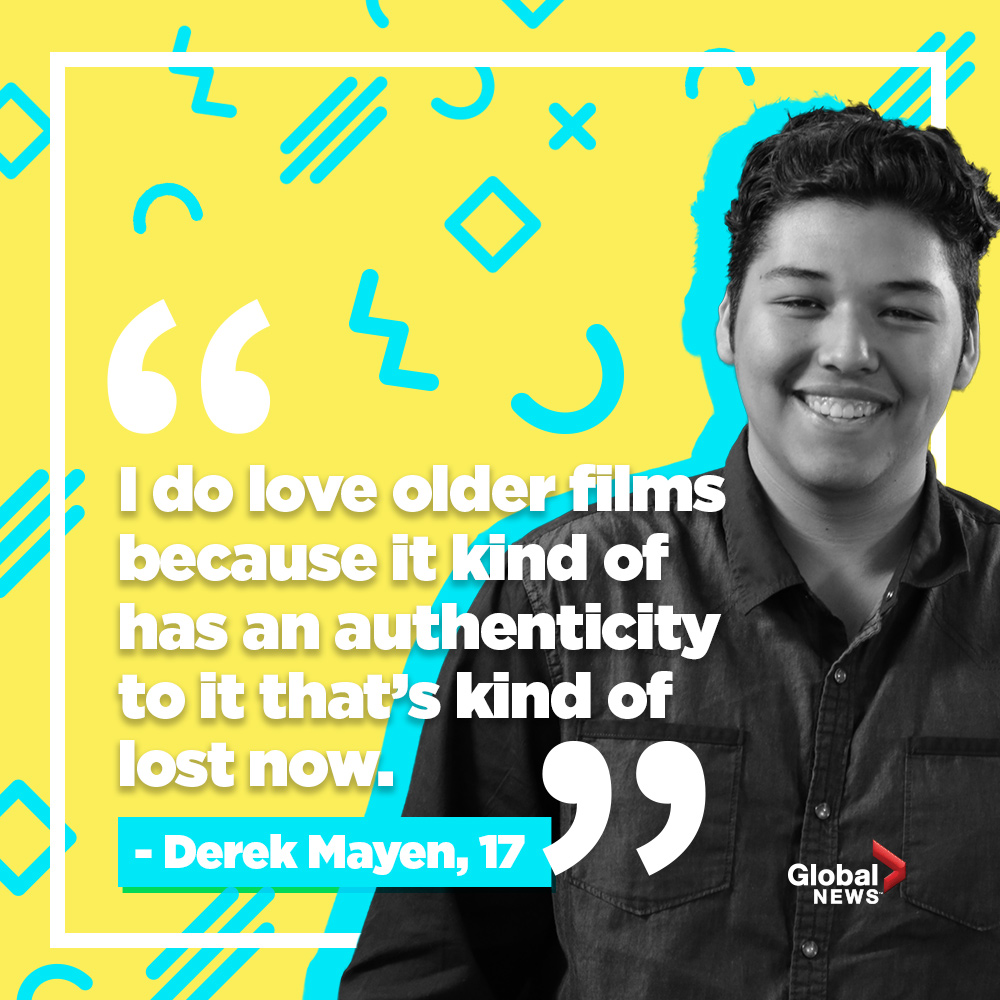

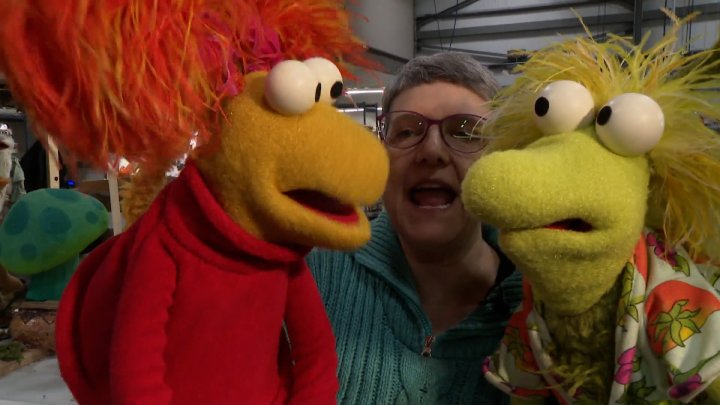
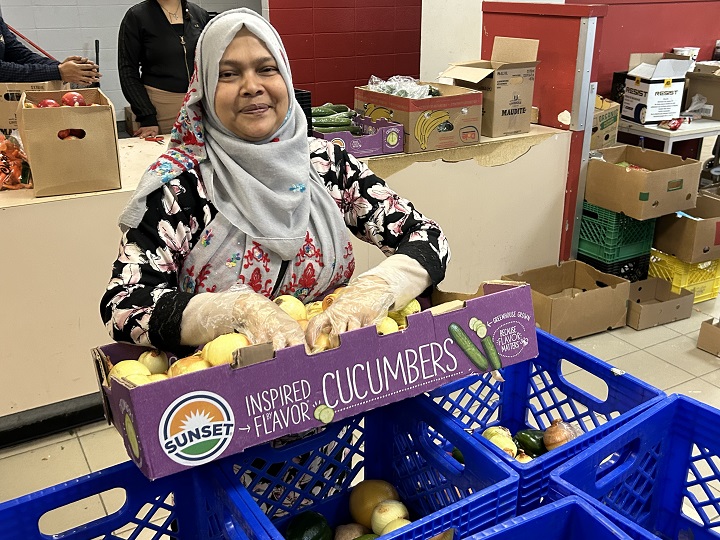
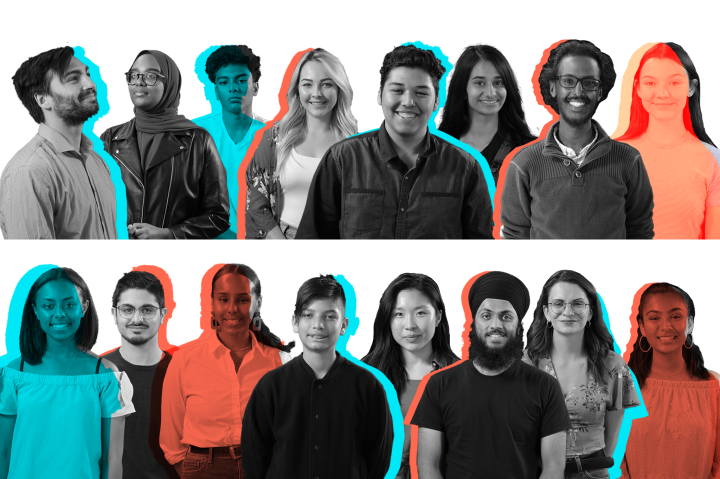


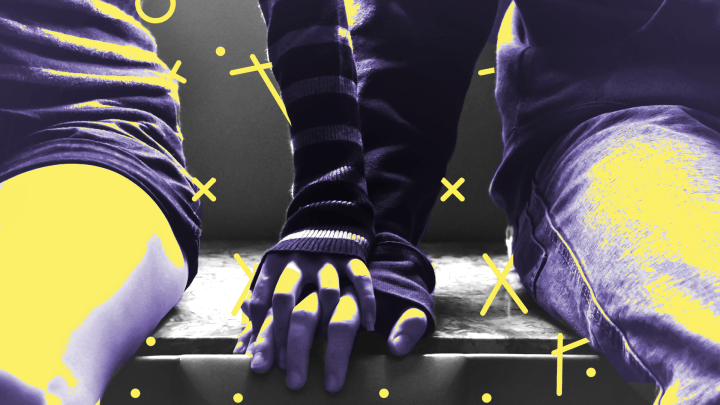
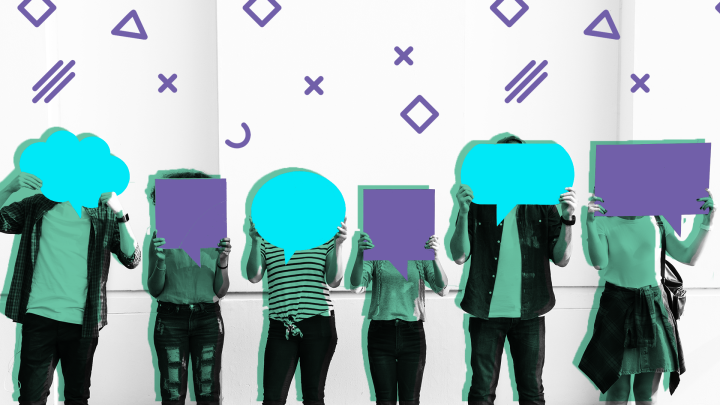

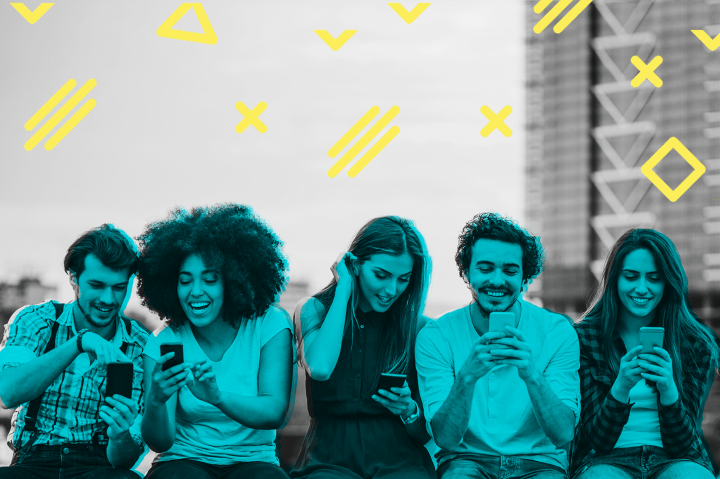
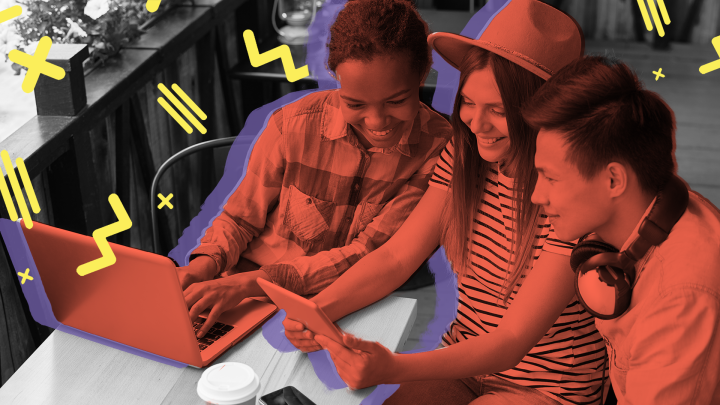
Comments